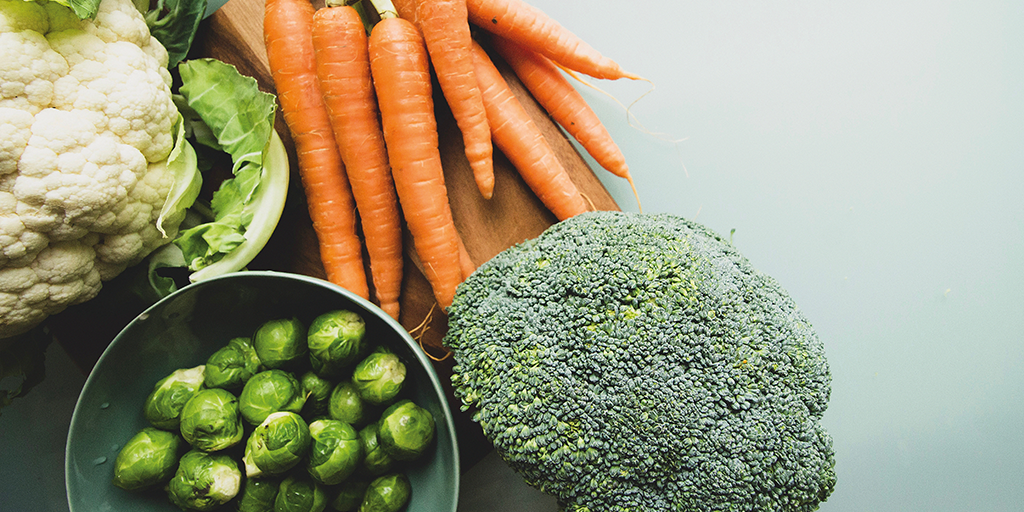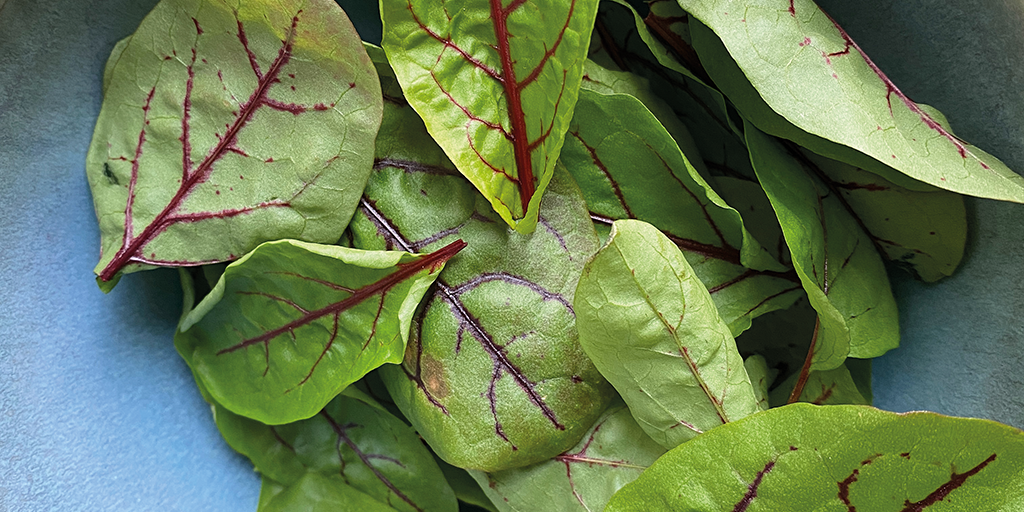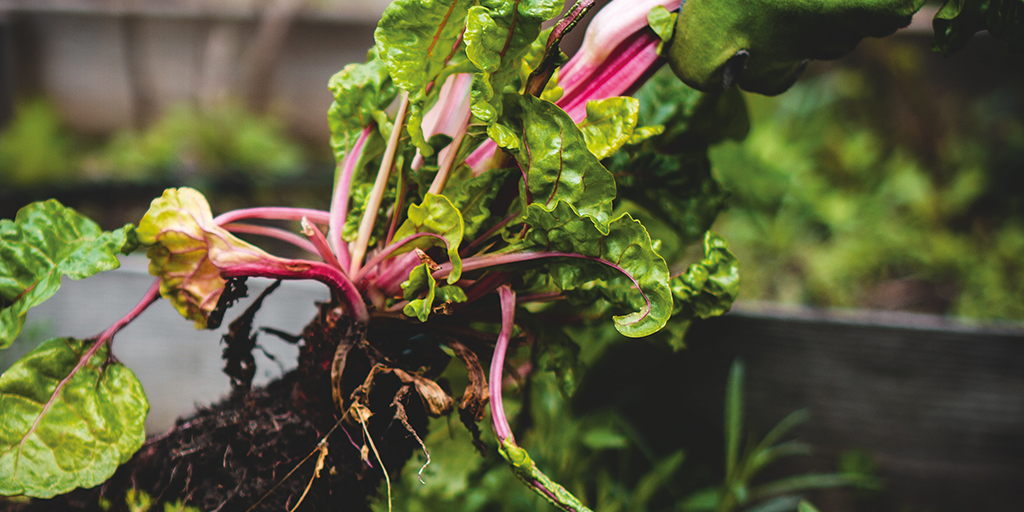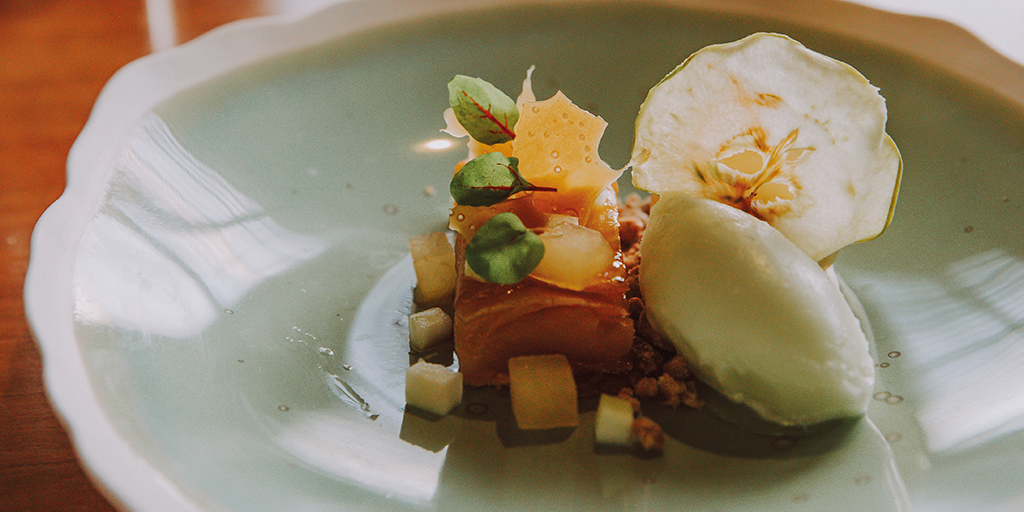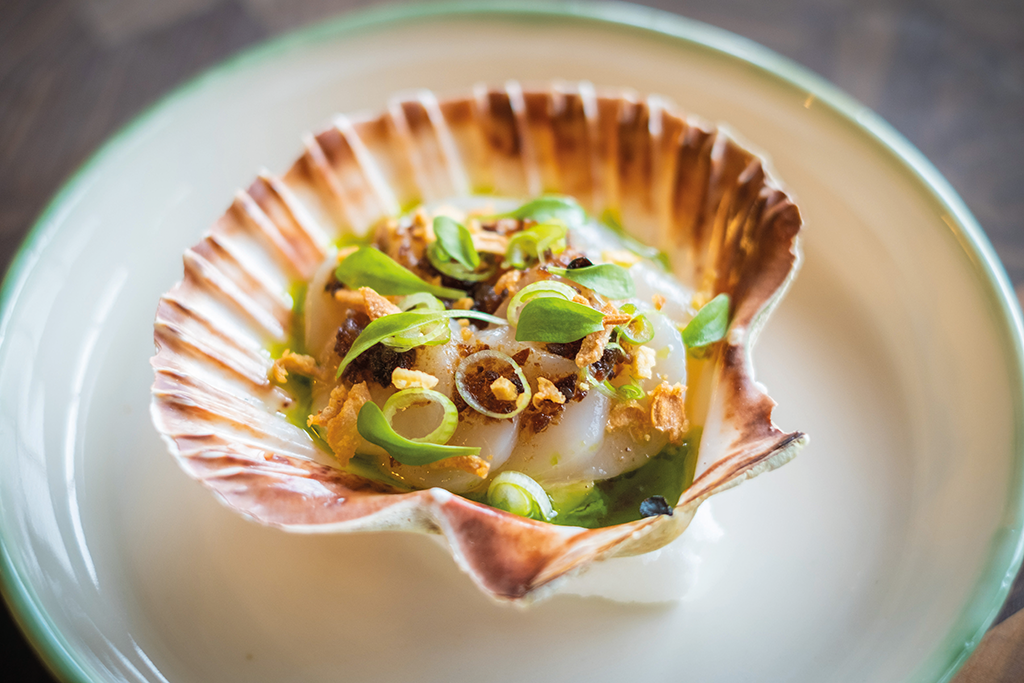

Spring is in the air
As this month’s issue focuses on Cornwall’s gardens, Jude Kereama takes the chance to explore a key topic in the world of food: farming.
Words by Jude Kereama
With spring in the air, our teams at Kota and Kota Kai are all excited for the season of vegetables and produce that lies ahead. This is a season of growth, and a great time for foraging, in fact some of my favourite ingredients are already popping up in the woods and on the coast. The pungent scent of wild garlic and three-cornered leeks is evident as soon as you approach the woods. Wood sorrel is starting to grow once again, too, bringing a welcome, vibrant tang to spring salads, or as a garnish with a touch of acidity. And don’t forget about the mushrooms! Out on the coastline, meanwhile, we are seeing the annual return of seagrass, sea lettuce, and pepper dulse, as well as samphire, rock samphire, an other coastal greens.
To put it another way, it’s an exciting time of year to be a chef in Cornwall, and with this month’s issue of Cornwall Living focusing on gardens I thought I’d take the chance to explore a key topic in the world of Cornish food: farming.
Here in Cornwall we are lucky to have some amazing organic farms, who I’m proud to say are key when it comes to building the menus at both our restaurants here in Porthleven. We love to find out in advance what they have planted and what we can look forward to getting in the upcoming weeks, and right now, there’s lots to look forward to. In fact, we’re already anticipating seasonal staples like asparagus, broad beans, peas, snow peas, new season spring onions and other greens. Add to these the return of new potatoes, spring greens, purple sprouting broccoli, new season carrots and brassicas, and it’s easy to see why our kitchen teams love this time of year.
It really is a pleasure to draw on Cornwall’s home-grown produce. It’s a county that’s known for its natural larder, and as we continue to work with organic farms, growers and producers around the Duchy, it’s hard not to be inspired. Here at Kota and Kai, we would love to have our own home-grown produce, in fact I dream one day of having my own farm so that I can provide for both of my restaurants. Luckily, for now, I have some superb suppliers, meaning I can get my hands on the best local organic produce. But it can take time to find them, and it’s important that we source from the right suppliers. Ultimately, it’s their produce that can really make the difference to the dishes we serve up in our restaurants.
Fortunately, I would say that Cornish food is moving in a direction that’s really celebrating organic farming. It’s on the rise, and we applaud what these farms do – supporting them, I think, is the answer to the future of all farming. Working with biopesticides, like recycled animal waste, means that no unwanted chemicals are finding their way into our meals. It also means that the soil has more nutrients, which in turn leads to greater biodiversity of plants, animals and microbes. You need only look at the plight of the honeybee, whose dwindling populations are, in part, a result of the use of pesticides. The nutritional value of organic produce is also infinitely better than produce that comes from the mass-yield pesticide farms, where all the nutrients in the soil is exhausted, and surely we would all rather feed ourselves and our children with the best, most nutrient produce?
Of course, while the techniques of organic farming aren’t new – they have, in fact, been employed for centuries – the reason for their ‘shelving’ in recent years is due to the need to cater to the mass market. There’s no escaping the fact that organic farms yield less than their mass- production counterparts, and this, in turn, means that the produce is moreexpensive.
However, for restaurants like ours, the benefits far outweigh the costs, and I think our guests appreciate that. And it’s not only the vegetables – the same applies to organically farmed meat. Our venison supplier, for example, only feed their deer on organic vegetables, and they never use antibiotics on them. This ensures that the meat that arrives at our restaurant is completely unspoiled. More than that, we know that the welfare of the animals was always a priority, in fact it needs seeing to be believed just how happy they are! The farm also has its own abattoir and butchery on site, which means that not only is no stress placed on the animals due to transportation, there are also no fuel emissions resulting from their transportation from the farm. It’s really a win-win, and as more and more of us look to live and eat more sustainably and be more conscious about animal welfare, we’re really pleased to be able to ‘do our bit’ to help.
At both Kota and Kai, we have always had a strong relationship with our local suppliers. It is so good to be able to communicate what we are after in the restaurants – to be able to have a conversation with them and discover what they have growing and what they have planted. It makes us super seasonal, and it means our menus reflect what’s actually growing here in Cornwall. As a diner, that’s an attractive proposition, and as a chef, I cannot think of a more exciting way to cook.
KOTA AND KOTA KAI
